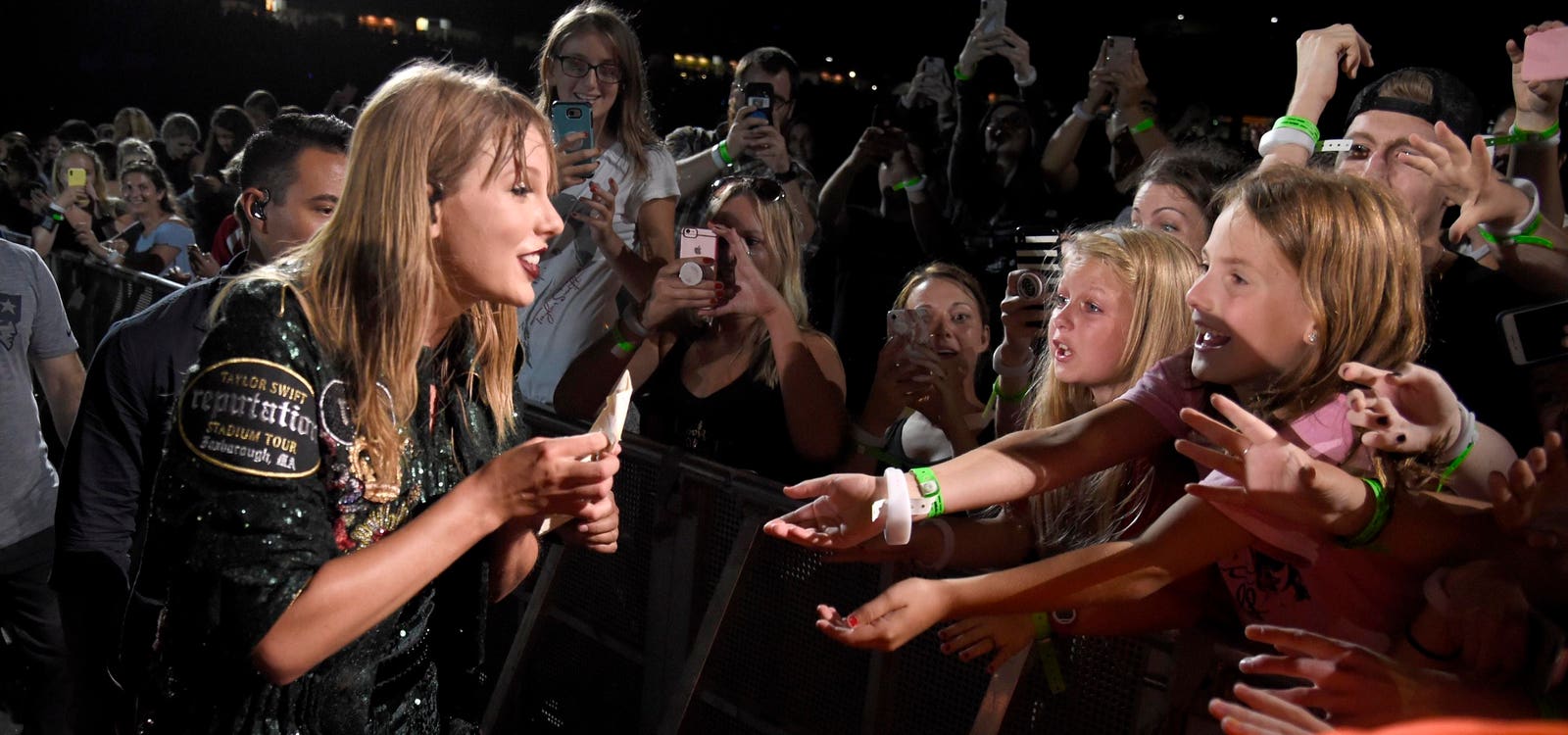
Celebrities are trendsetters who influence fashion, lifestyle and societal norms. Keeping up with their lives and being conversant in pop culture can be a social lubricant, helping people connect and share common interests. However, when fascination turns into obsession, it can start to detract from personal experiences, responsibilities and quality of life.
A 2021 study published in Frontiers in Psychology found that excessive celebrity worship can negatively impact mental health, with effects like lowered self-esteem (more pronounced in women) and increased daytime sleepiness (more common in younger individuals). Another study published in BMC Psychology suggests that celebrity obsession might subtly impair cognitive performance. This association indicates that the mental energy and attention invested in intense celebrity fascination could take away from the cognitive resources we need for daily problem-solving and decision-making tasks.
The impact of this obsession varies from person to person, but it’s generally safe to say that those who find themselves on the higher end of the celebrity-obsession continuum are more susceptible to serious mental health conditions such as depression, anxiety, body dysmorphia and so on.
So How Do We Scientifically Measure Something That Seems So Subjective?
It’s often difficult for individuals to realistically assess their own levels of celebrity obsession due to personal biases and emotional involvement.
A scientific tool that helps bridge this gap is the Celebrity Attitude Scale. This psychological assessment tool is designed to measure the attitudes and behaviors individuals have towards celebrities. Developed by psychologists Lynn E. McCutcheon, Rense Lange and James Houran in the early 2000s, it is used primarily to identify and understand the phenomenon of celebrity worship and its implications for an individual’s behavior and psychological state.
What Are The Questions That Make Up The Celebrity Attitude Scale?
There are 23 items in this scale, each designed to probe different aspects of a person’s feelings and behaviors towards celebrities. Consider to what degree the following statements resonate with you. More agreement than not could indicate a higher, more concerning degree of obsession.
The items are:
- If I were to meet my favorite celebrity in person, he/she would already somehow know that I am his/her biggest fan.
- I share with my favorite celebrity a special bond that cannot be described in words.
- I am obsessed with the details of my favorite celebrity’s life.
- My friends and I like to discuss what my favorite celebrity has done.
- When something good happens to my favorite celebrity I feel like it happened to me.
- One of the main reasons I maintain an interest in my favorite celebrity is that doing so gives me a temporary escape from life’s problems.
- I have pictures and/or souvenirs of my favorite celebrity which I always keep in exactly the same place.
- The successes of my favorite celebrity are my successes also.
- I enjoy watching, reading or listening to my favorite celebrity because it means a good time.
- I consider my favorite celebrity to be my soulmate.
- I have frequent thoughts about my favorite celebrity, even when I don’t want to.
- When my favorite celebrity dies (or died) I will feel (or I felt) like dying too.
- I love to talk with others who admire my favorite celebrity.
- When something bad happens to my favorite celebrity I feel like it happened to me.
- Learning the life story of my favorite celebrity is a lot of fun.
- I often feel compelled to learn the personal habits of my favorite celebrity.
- If I were lucky enough to meet my favorite celebrity and he/she asked me to do something illegal as a favor, I would probably do it.
- It is enjoyable just to be with others who like my favorite celebrity.
- When my favorite celebrity fails or loses at something I feel like a failure myself.
- If someone gave me several thousand dollars to do with as I please, I would consider spending it on a personal possession (like a napkin or paper plate) once used by my favorite celebrity.
- I like watching and hearing about my favorite celebrity when I am in a large group of people.
- Keeping up with news about my favorite celebrity is an entertaining pastime.
- News about my favorite celebrity is a pleasant break from a harsh world.
Answering these questions may not definitively determine if you are psychologically compromised, but it serves as a crucial starting point to gauge whether your attitude towards a celebrity is veering into parasocial-relationship territory, a shift which can be indicative of unhealthy psychological outcomes.
Conclusion
There’s nothing inherently wrong with caring about your favorite celebrity or content creator. The issue arises when this fascination escalates into an obsession. By being informed about where you stand on the spectrum of celebrity obsession you stand to recognize the fine line between admiration and obsession, which is crucial in ensuring that your interest remains a healthy part of your life.
If you’d like to take the Celebrity Attitude Scale cited above and receive your results, you can follow this link: Celebrity Attitude Scale
